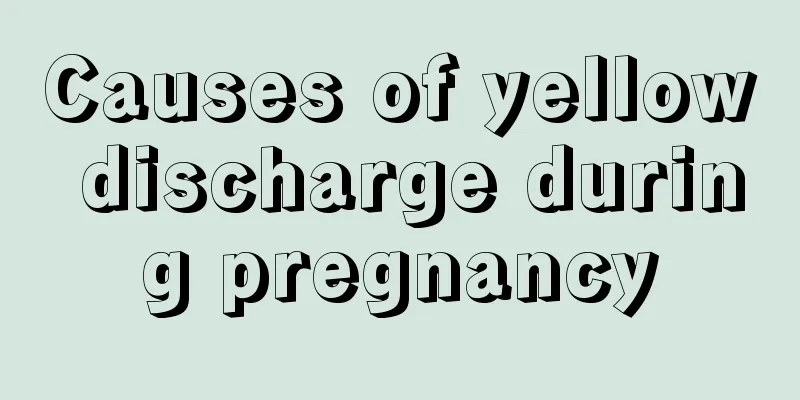Why pregnant women are always thirsty?

|
It is inevitable to encounter some special physical conditions during pregnancy. I believe that many expectant mothers will often experience symptoms of thirst during pregnancy, and drink many times more water than usual. This kind of disease is not a normal manifestation. Most of them may be a signal of a complication of the body, such as diabetes, high blood pressure, or high blood lipids. In addition, it is not ruled out that thirst is caused by blood pressure conditions. Being thirsty during pregnancy is a sign that the fetus needs more fluids, but it can also be a sign of complications. If you have any unusual symptoms during pregnancy, especially if they persist, consult your doctor immediately. Increased thirst along with other symptoms may indicate a need for medical treatment. Treating thirst during pregnancy may reveal and treat other underlying problems, or it may simply be necessary to ask the woman to drink more fluids. Nutrition and fluid intake are extremely important for pregnant women, both for themselves and their unborn baby. Intake of more calories and fluids is essential during pregnancy. 1. Hydration Pregnant women will urinate more frequently during pregnancy, no matter what stage they are in. In early pregnancy, thirst is your body's way of telling you that you and your baby need more fluids. The extra fluid will help the kidneys excrete excess water from the body, including the water produced by the pregnant woman's own body. The amniotic sac, also known as a water bag, is filled with fluid to protect the fetus. Pregnant women need to drink plenty of fluids to ensure that the amniotic sac is filled with fluid. Eating foods containing salt will increase the requirement and amount of water that pregnant women need to drink. Some pregnant women often feel very thirsty and want to drink water, especially those who sweat at night or have a high body temperature, who are more likely to feel thirsty. 2. Blood volume Excessive thirst during pregnancy is a common response to the increased blood volume in pregnant women. During pregnancy, the volume of blood in a woman's body increases significantly - typically by 40%. Therefore a pregnant woman may feel that she needs to drink more water to regulate the extra blood. The extra blood helps you deliver oxygen and nutrients to your baby during pregnancy. Water plays a very important role in the growth and development of new cells. 3. Low blood pressure The American Heart Association says it's normal for a woman's blood pressure to drop during the first 24 weeks of pregnancy. This is because the heart has to power its movement with the extra blood that provides oxygen and nutrients to the fetus. Unusual thirst can be a sign of low blood pressure in pregnant women, but it can also be a sign of other symptoms. Other symptoms include lightheadedness, dizziness, fainting, blurred vision, nausea, cool skin, paleness, rapid but shallow breathing, and easy fatigue. |
<<: Why do pregnant women have low progesterone?
>>: How many months does it take to maintain pregnancy if progesterone is low?
Recommend
What is the normal pH value of vaginal discharge?
In our daily life, for female friends with abnorm...
Why did he almost lose his life just because he was cutting his nose hair?
Many people like to trim their nose hairs, becaus...
What does vaginal bleeding look like?
The vagina is a very important part of women, and...
What does breast grade 4c mean?
Beautiful breasts are a sign of a beautiful woman...
What to do if your wife has no interest in sex
A wife's lack of interest in sex is a sign of...
What to do if female hormone levels are low?
I believe that many women with flat breasts are o...
Do you know any Chinese medicine that is good for your eyes?
Eyes are the windows to the soul. We should take ...
Why do pregnant women have a strong taste?
Generally, we recommend that pregnant women try t...
Why is the leucorrhea yellow and red?
Leucorrhea and menstruation are both normal physi...
Why does the mortality rate of an infectious disease decrease after a period of time?
There are many similar situations in historical r...
Is it good for pregnant women to eat cicada monkeys?
Cicada monkey is a common ingredient on every hou...
What are the causes of right chest pain?
If you have a dull pain in the right chest, it is...
Yellow vaginal discharge with blood streaks, back pain, lower abdomen pain
A series of symptoms including yellow leucorrhea ...
Can a woman still have a baby at 45?
Women aged 45 can have children if they have not ...
What is the normal thickness of the endometrium?
The uterine cavity is an important part of women,...









